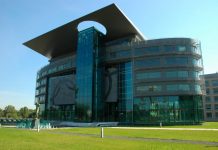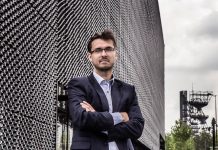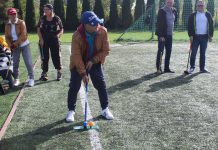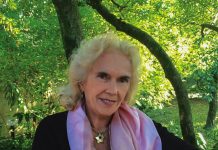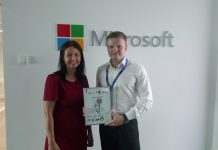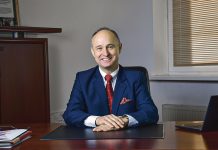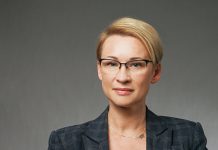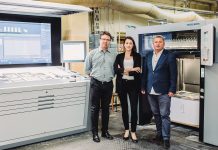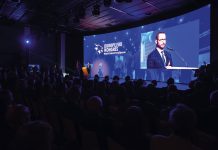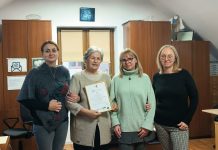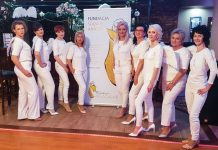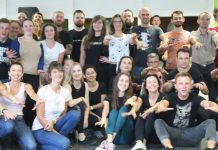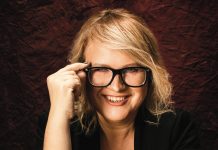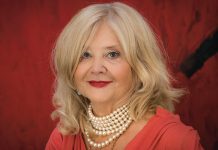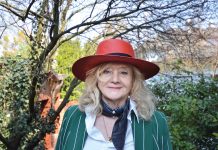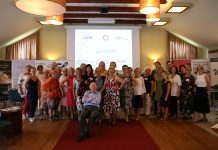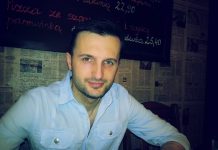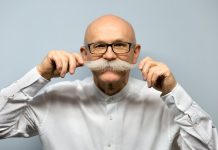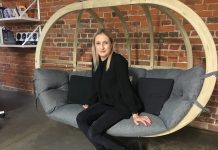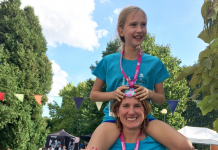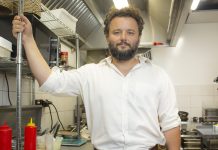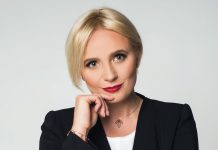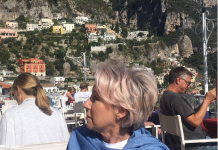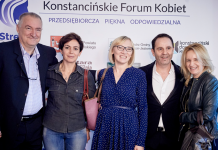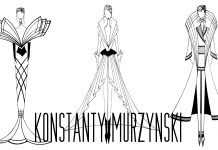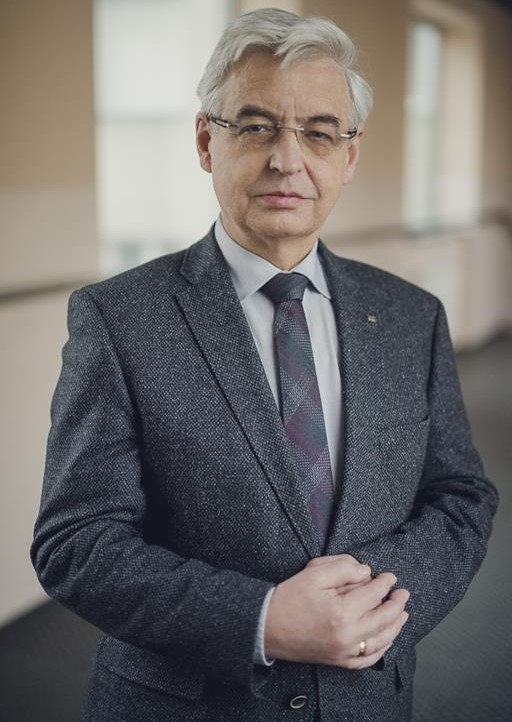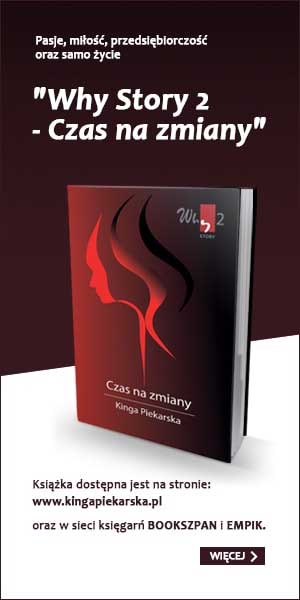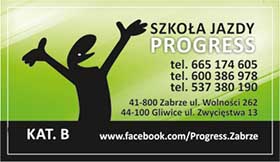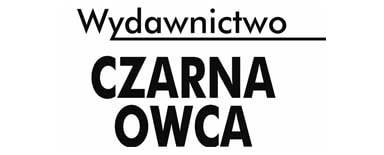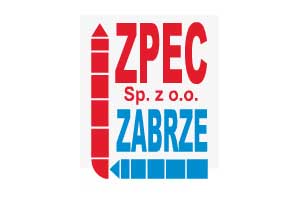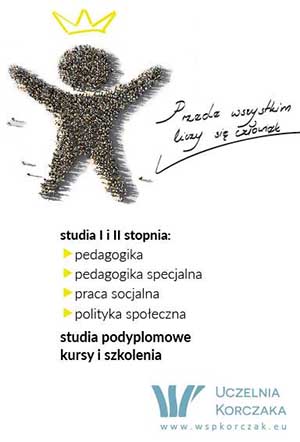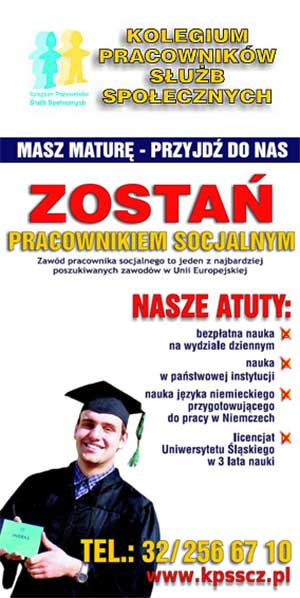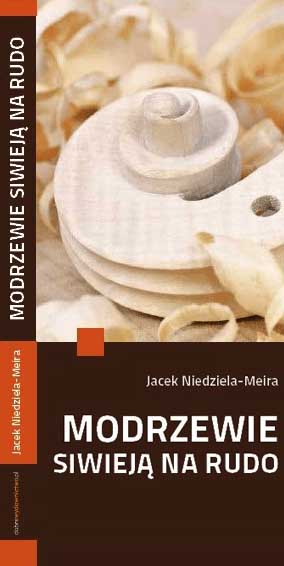Interview with Krzysztof Szaflarski, Ph.D., the Rector of the Katowice School of Economics who has been nominated to the title of Leader with calling by “Why” Media Group, about challenges and achievements of the School.
Mr Rector, do you think a man becomes a leader or is he born this way?
A leader is a very wide concept that is composed of variety of elements. Certainly, some mental abilities are essential, which means it is necessary to have a passion for creating new things. It is the main prerequisite to become a leader. But it is not enough. The experience is also crucial. In my personal opinion, a leader shall be equipped with know-how and theoretical knowledge together with academic knowing, especially if he or she is competing to become a university or college leader. These four elements have to be related to each other in order to give the positive synergy effect. If someone lacks practical or theoretical knowledge, nothing will ever come out of it. Passion itself is not enough.
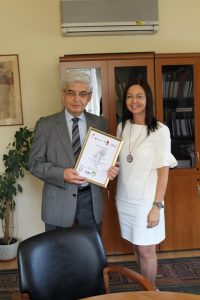
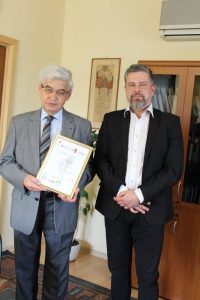
Have you ever taken on leadership roles when being a student?
I might have, but to be honest, I don’t really remember taking on such a role. It comes with the age. I was born in Cracow. When I was 5 years old I moved with my parents to Katowice, where I obtained the primary, secondary and later high education. I remember very well, and look back with great sentiment to Secondary School named after Maria Konopnicka – as well as – the University of Economics in Katowice.
What was the subject of your thesis?
I wrote my master’s thesis about trade exchange between Poland and developed countries, namely the countries from behind the so called iron curt ain. However, it is my doctoral dissertation I remember the most, because it was the first dissertation in Poland concerning joint venture companies set up at that time in socialist countries with the foreign capital share. There were only three socialist countries that legally allowed to establish this type of companies, namely: Hungary, Yugoslavia and Romania. I travelled to these destinations on multiple occasions to conduct research. My post-doctoral dissertation was a continuance of the doctoral paper , and it was about three-sided co-operation between countries from the East, the West and the South, so the developing countries. At that time, I was during the annual fellowship at the University in Rotterdam in Holland, where I had access to a wide range of materials I was particularly interested in. I even had a chance to talk to laureates of the Nobel Prize in economics as of 1969 Prof. Jan Tinbergen – a fantastic, caring and full of empathy, great man.
You wrote your thesis in times where there was no Internet. Do you think today it is easier?
My promotional works (master’s, doctoral and post-doctoral dissertations) I wrote on a very archaic machine that I have kept to this day as a memento. Nowadays, the youth has an incomparably much wider spectrum of possibilities. They have the Internet, special editing programs and hundreds of technological facilitations. Works are written on the computer and passed on in online format. The world moves forward and it is faster and faster. I see it all the time. We witness and we participate in the global technological revolution. Our standards of living grow and become better, especially in western countries including Poland.
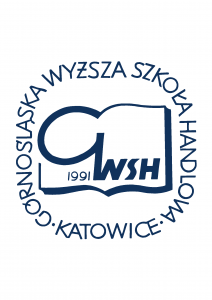 What is it like to work with such young people who are surrounded with new technologies?
What is it like to work with such young people who are surrounded with new technologies?
I see a huge age clash. The older professors present a different approach than for example younger associate professors or assistants. We have a generation gap. Some people are nervous about it, while others try to adapt. For instance, it is sufficient when one student records the whole, two-hour lecture on a mobile phone and sends it to the rest of colleagues in the year. There were totally different times, when over twenty years ago we had to write down every lecture.
What kind of qualities help you in the management?
What helps me the most, I think, is my persistence and striving for reaching my goals and their determined realisation. I am never discouraged by problems, I always try to solve them. There are always challenges to face up, especially now, as we – if I can say it – live in ‘turbulent’ times.
What kind of challenges is the School facing at the moment?
The last two Ministers of Education and High Schools introduced lots of revolutionary changes in the higher education in Poland. When Prof. Barbara Kurdycka was the Minister, her priority was to adjust the Polish universities to the European standards. This process required lots of work and time. However, today I can say that everything went okay in this matter and schools are functioning how they are supposed to. We are now awaiting for the Act of Minister Jarosław Gowin, Ph.D.
How many faculties does the School provide for students?
The School provides students with twelve faculties. As our School merged with the Silesian High School of Management, we extended our educational portfolio with other faculties, including Nursing and Logistics.
Was the merger with the Silesian High School of Management a strategic step?
We always have been keen on co-operation with the Silesian High School of Management. Our relationships have always been very friendly, based upon cooperation and mutual trust even though we competed with each other on the Silesian educational market. Nonetheless, the merger was conducted in a very amicable atmosphere.
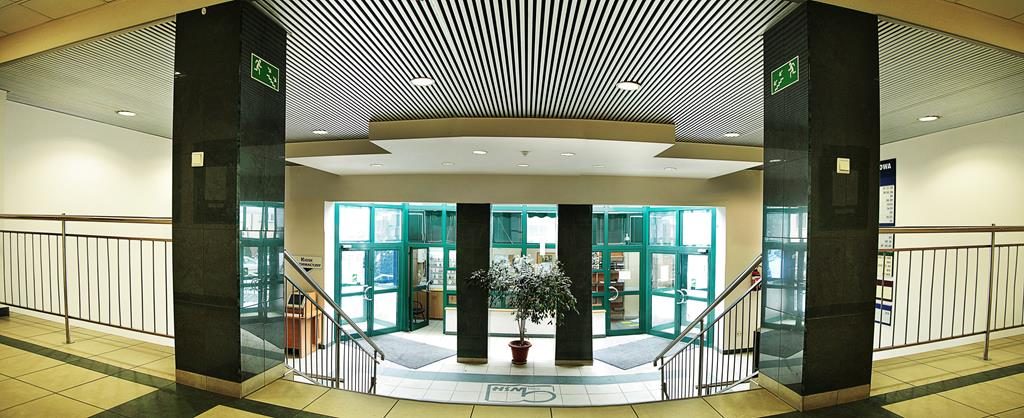
Which course of study at the School attracts students the most?
Definitely the courses in the Medical faculty. Cosmetology, Physiotherapy, Nursing and the extremely popular post-graduate studies in Aesthetic Medicine. With the exception that the latter faculty is dedicated only to professional doctors (doctors with diploma). We also focus on nursing, because graduates are highly wanted on the market. Not that long ago, the most popular course of study was Management. Now Law, Psychology, IT or Logistics are becoming very popular among students. We need to move with the time and listen to preferences of the youth who study in our School. We also offer a wide range of courses and post-graduate studies (over 60 different offers). We also provide a seminary doctoral program, the so called third degree studies, as the School is entitled to award students with the PhD in management studies and post-doctoral title within this scope.
This all has its perks in high evaluation of our School on the Polish educational market. And as a result, in 2018 we reached the 9th place in the top-ten ranking of all 250 Polish non-public schools, which was published in Magazine PERSPEKTYWY.
How many students currently study in the School?
We are one of the largest non-public schools in Poland. Now, we have over 5 thousand students in all faculties, full-time and part-time, postgraduate and doctoral studies. What is surely worth mentioning is that the School has promoted over 60 thousand of so far.
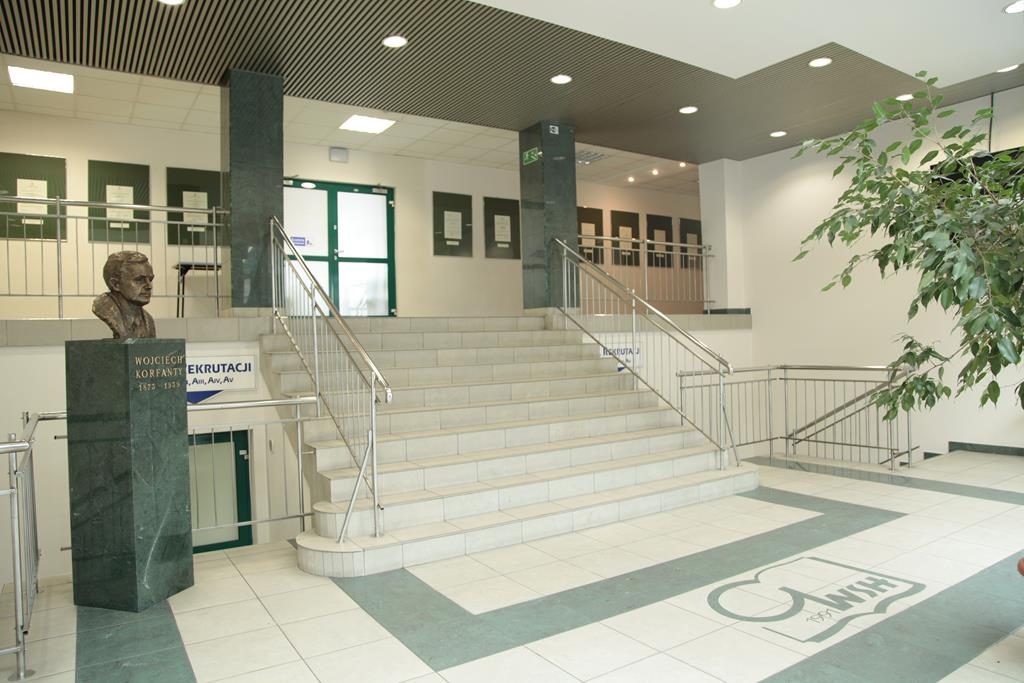
Does the School have long-distance units?
Yes, and not only located in Poland. The oldest one was founded in 2002 in Żory where 3 courses are provided and also one post-graduate course. We are particularly proud of our foreign long-distance unit located in Vienna. We have been educating there for 10 years, mainly the Polish diaspora, as the classes are given in Polish language. We also have another foreign long-distance unit in Ostrava where classes are conducted in Czech language.
Does the School have the career bureau?
Of course the bureau functions in our School. The practice is crucial. I cannot imagine medicine, law, IT or logistics studies without practical classes. Therefore, we cooperate with lots of undertakings within the whole voivodship, where our students from all 12 faculties can attend practical classes.
The end of the academic year is coming. What are the plans for the new academic year?
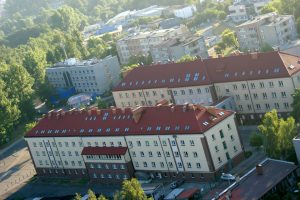
We are getting ready for implementing the new Act of High School Education, namely the 2.0 Act prepared by the Minister Jarosław Gowin. It is quite a difficult task as the Act has been proceeded at the Polish Parliament and some amendments are going to be implemented hereto. Moreover, we perform two big projects. One in the scope of nursing with regards to building of the Centre of Medical Stimulation and the second project which is strictly associated with IT and refers to the Integrated System of Computing at the School.
Do you have time to relax despite so many duties?
Yes, I do, I indulge myself in science-fiction literature. I am a big fan of J.R.R. Tolkien, Ursula K. LeGuin, Stanisław Lem and other writers treating about this matter. This literature takes me away from the brutal reality, in particular the political reality too.




